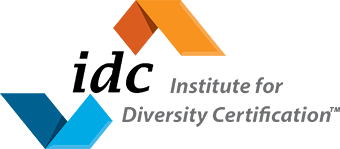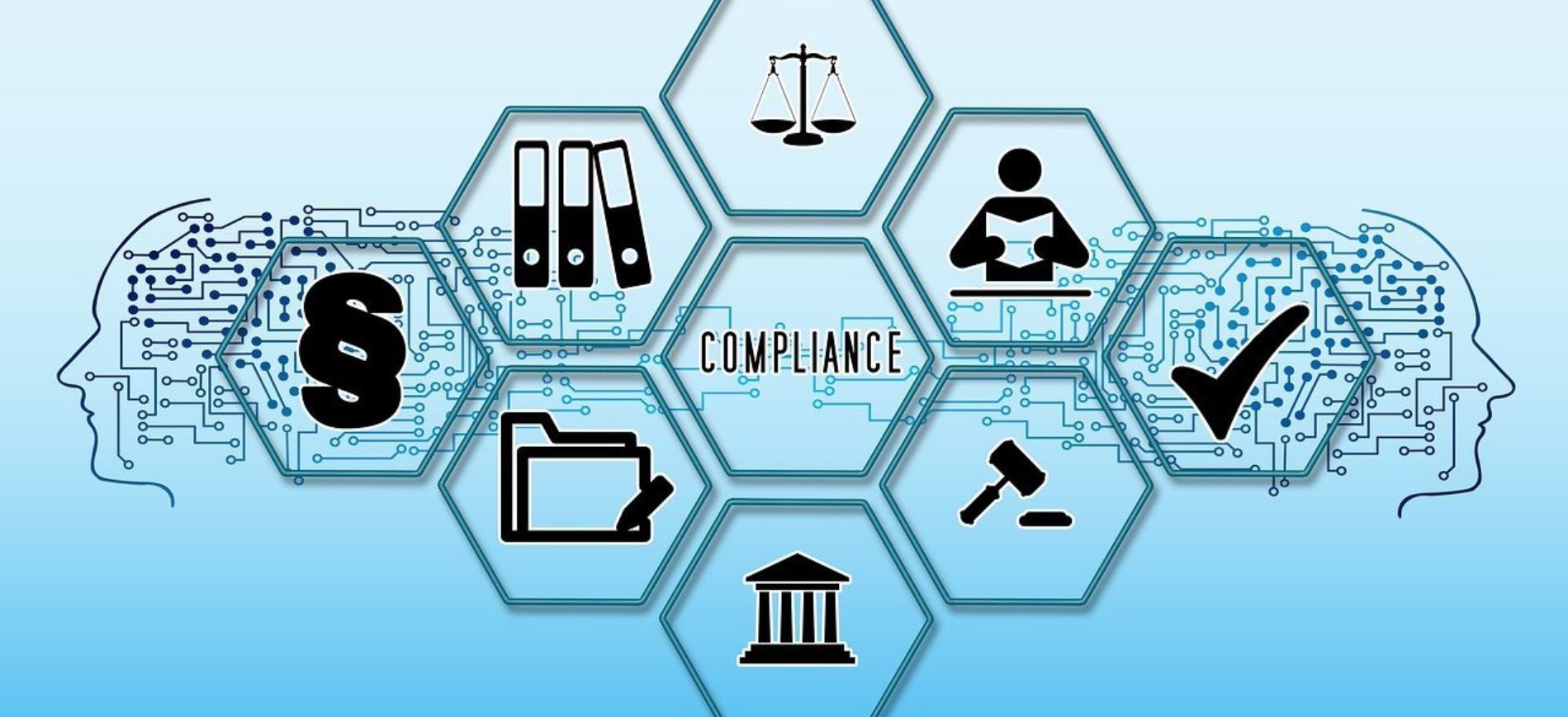The confusion and assumptions about certification, specifically as it relates to distinguishing certifications from certificates, can be a problem. In extreme cases, people used the words certifications and certificates interchangeably. As much as both credentials are valuable, they ARE different. Understanding the difference between certifications and certificates is imperative for each of them must be appreciated for the purpose for which they are designed.
A Proven Process for Inclusive Excellence
We're living in a time where getting reliable information is critical to business success, safe workplace operations, and trust in leadership. Fundamental to that information, especially where the information results in training, is ensuring that the information comes from a reliable source. In Diversity, Equity, Inclusion, and Accessibility (DEIA), many are misleading fledgling and established business owners by pretending to provide substantiated information without a foundation or background. As a result of not being able to distinguish between a Certification and Certificates, businesses, industries, and institutions need to get the valuable training they pay for.

Certifications
Certifications are earned through the satisfactory completion of a standardized examination and meeting specific experience and education criteria set by the certifying body. It demonstrates that a person has the necessary skills and knowledge in a particular field or industry to provide services and training supported by evidence reliably.
Certifications are endorsed by national organizations (e.g., I.C.E. and NCCA) that set the standards for the industry and may be necessary for specific jobs. A certification is a formal recognition by a professional organization that an individual has met clear and often rigorous standards or requirements.
Certifications often carry more weight and are more standardized than certificates. They are associated with demonstrating a higher level of expertise and competence in a profession or occupation. The standardized and regulated nature of certifications makes them harder to acquire and typically more valued than certificates.
A certification is a formal recognition by a professional organization or certifying body that an individual has met certain standards or requirements in a particular field. Certifications often carry more weight and are more standardized than certificates.
Fundamental to maintaining certification is the requirement of continuous education to maintain proficiency and knowledge in an ever-changing world. Certifications are required to perform some jobs or occupations (e.g., Teachers, Nurses, Plumbers, Accountants, Trainers). For other jobs, they are appreciated as a bonus. Where certifications are not required, earning one can be a competitive advantage for the company, business, or institution where the person is working or applying for work.
Certifications may also be used to earn a higher salary, increase the depth of knowledge in each field or area of practice, and it can connect the practitioner to others in the field to maintain current knowledge.
Lastly, it clearly demonstrates the practitioner's dedication and motivation to continuous growth in their field.
Certificates
Certificates are typically awarded after an educational or training program. A certificate is a document that confirms the completion of a course, program, or training. Companies, schools, other organizations, and individuals can create certificate programs that students or employees can complete to improve their skills. For example, one can earn a certificate in web design from a school or job. This type of credential shows that a person or group has gained added knowledge in a specific area. It is typically awarded by an educational institution, training center, or organization after an individual or group successfully fulfills the requirements of a particular course or program.
A certificate is generally a document that confirms the completion of a specific course or training. Certificates tend to be episodic in nature (one and done).
Certificates often demonstrate a person's proficiency or knowledge in a specific subject or skill. The drawback to certificates is that they may only sometimes be regulated or standardized and can vary widely in terms of rigor and recognition. The generalized nature of the credential allows it to be obtained en masse and may not require the specificity of individual rigor of a certification. The real strength of a certificate is its addition to a certification (e.g., continuous education, lifelong learning). Lastly, once a certificate is earned, there is no requirement for ongoing education to maintain proficiency in that education or training.
In this time of genuine concern for the health, safety, and well-being of every person in our businesses, it is essential to ensure that leadership (C-Suite, Managers, Supervisors) is provided information that is supported by a body of work from Educators, Trainers, and Consultants who can be trusted to provide education and training that is impactful, current, and professionally supported by standards that are reliable and valid. This can best be done through Certification…and practicing DEI is no exception.
Contact Us
Institute for Diversity Certification (IDC)®
7230 Arbuckle Commons - Suite 134
Brownsburg, IN 46112
1-800-983-6192









Share On: